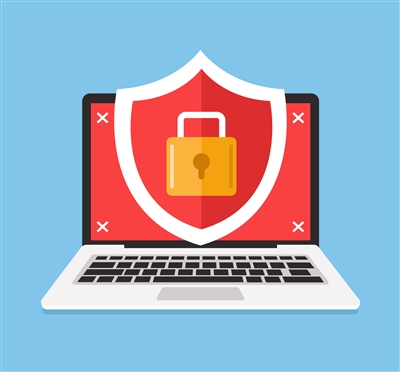Parental controls that can keep your child safe online

Though the internet is a wonderful learning resource, and a useful means to help people stay connected, it is important to be aware of the potential dangers it poses, especially to younger users. From inappropriate content (such as pornography or graphic violence) to radicalising material, the online world poses hazards that parents will want to protect their children from.
With children often being so technologically proficient it can be difficult for concerned parents to keep track of what they are doing while using the internet, but there some guidelines that can be followed to help ensure their online experience is a safe one.
There are a number of useful parental controls settings that can be adjusted, which will automatically block devices from visiting any inappropriate websites. Your internet provider will be able to restrict the content that is provided to your household - and by adjusting the settings on different devices you will be able to vary the content that each can access. This allows any adults to access the wifi without restrictions, while limiting what sites younger individuals can visit.
Mobile phones, tablets and computers will also have parental control settings, and though the range of the restrictions will vary from device to device, most will permit the following to be adjusted:
- Restricting access to black listed domains, which can be set by the parent
- Location information to be sent to a parent`s phone
- Restricting the purchase of apps or special items in games
- Wellbeing parameters, such as limiting total screentime per day, and restricting blue light emanations close to bedtime

The settings on search engines such as google and yahoo can be easily altered, preventing inappropriate websites being listed when a search is conducted. The application Google Family Link has been available since 2017, and allows parents to `set digital ground rules` from their devices to help them earn and play online.
As good as all these resources are, it is still not possible to filter out all the bad things on the internet, and parents should teach their children to be cautious while they are online. They must come to understand they can`t assume strangers online are who they claim to be. There are predators online, just like there are in the real world - and as children are taught they must never be too trusting of any strangers they might meet in their community, so too they must learn to be careful of those they encounter on the internet. Just because someone claims to be a certain age or gender on any form of social media doesn`t make it true.
The sad truth is that whatever protective systems you put in place, your child is likely to encounter inappropriate online content at some point. Either their friends will show them something, or via a circuitous path of websites they will encounter a page that somehow slips through any shields you have installed. If your child informs you that they have seen something inappropriate the worst reaction would be to become annoyed with them. They may have made the revelation because they feel upset by what they have witnessed, and berating them would only make them feel guilty when they need your support, while also making it less likely they will inform you of any inappropriate content they witness across in the future.
You should try to establish whether they found the content accidentally, of if they went looking for it out of curiosity. If it was just a chance encounter you can reassure them they didn`t do anything wrong, but that the Internet is a vast place, and they will need to be careful when using search engines, or entering URL`s. If they confess they sought out the material deliberately you should commend their honesty, and try to have a conversation about why they felt the need to look for this content.
It will be useful for all parents to establish a `family agreement` about how you all use the internet. This will help establish boundaries, letting children know how they should and should not use the internet. Childnet have made a great family agreement template, which covers a variety of topics such as screen time, what to do if you feel upset by something you see or hear online, and sharing content. There are sections covering the different age groups of children a family may have (under 11`s, preteens, and teenagers), and each child can write a statement that they promise not to break.

 Add a Comment
Add a Comment